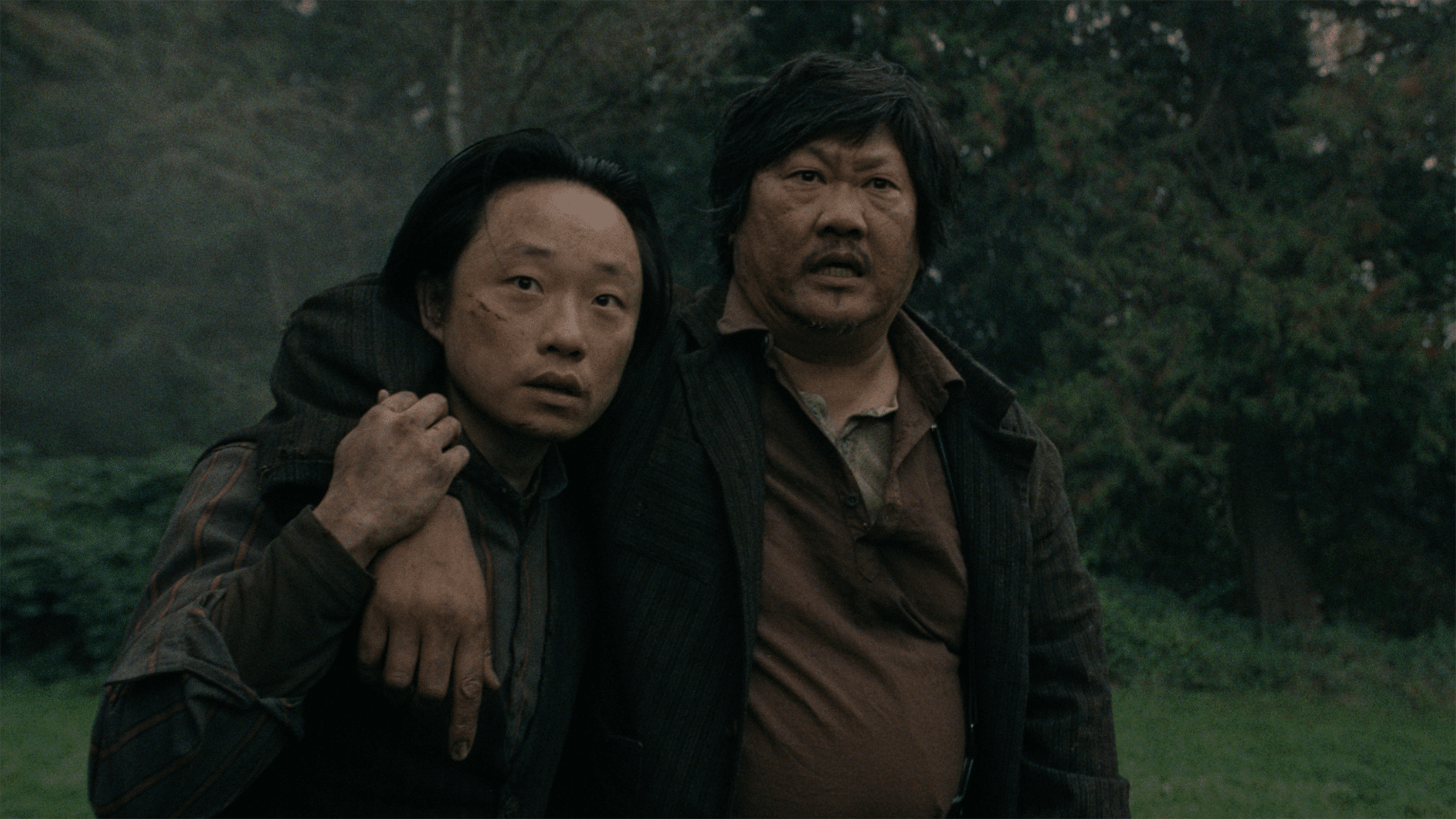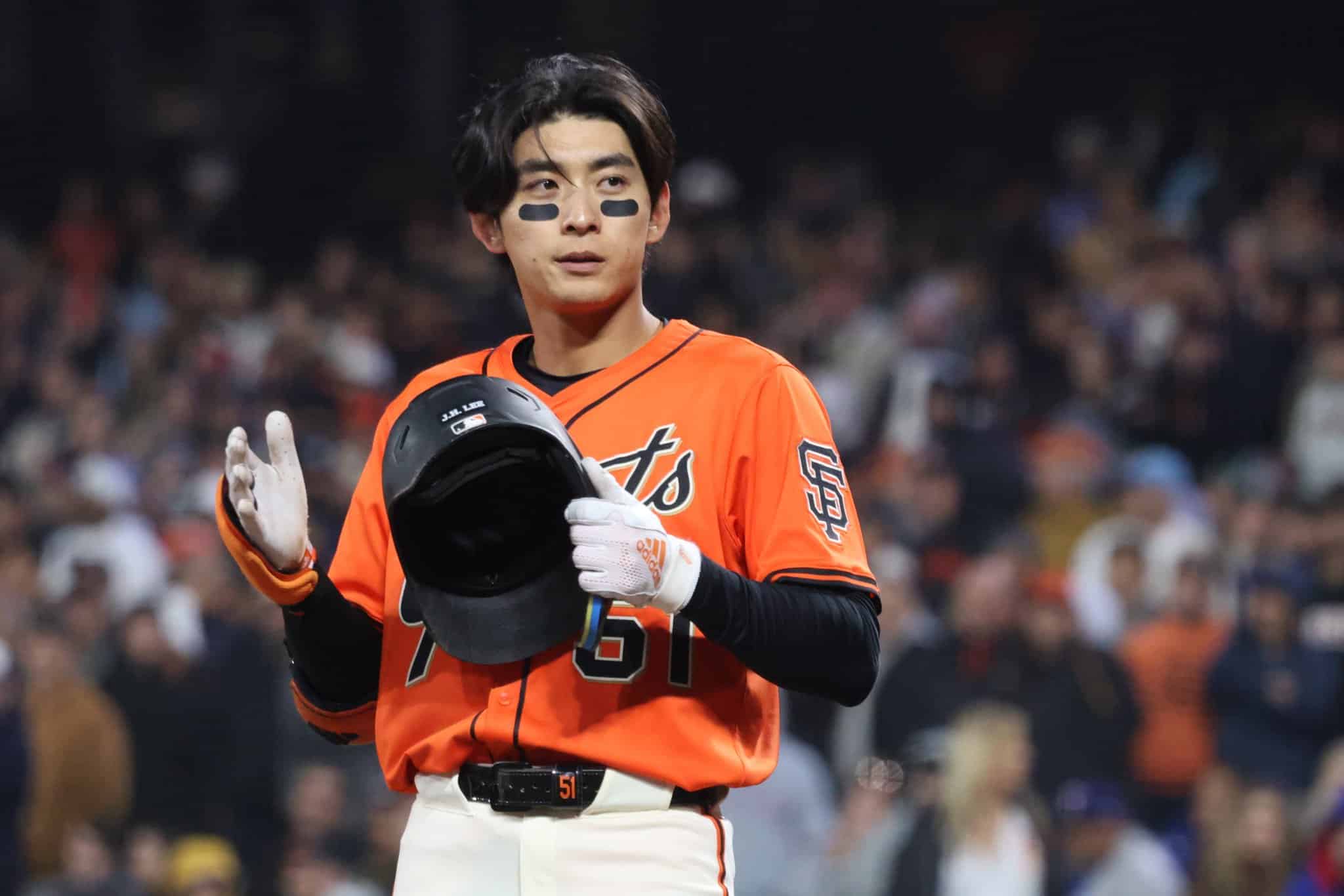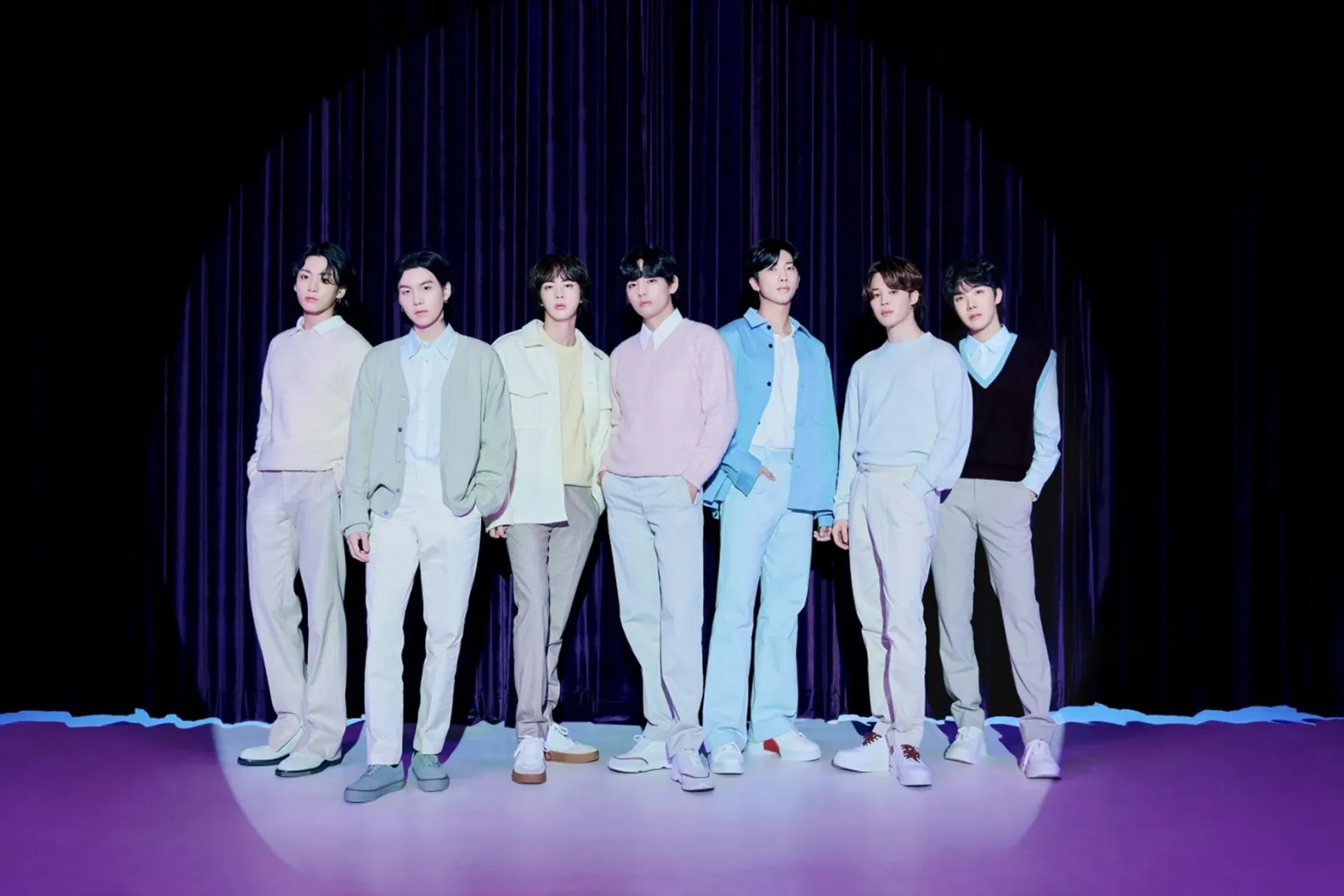A study has looked into why Asian Americans are being blamed for the Coronavirus.
Ohio State University professor Hyunyi Cho led the study titled Hyunyi Cho Findings, which were published this week in the journal of Ethnicity and Health.
“It was striking that this general prejudice against Asian Americans appeared to play a powerful role in the stigmatization of this group in the specific context of COVID-19,” said Cho.
Stop AAPI Hate received 2,583 reports of anti-Asian discrimination nationwide over the last five months.
“We wanted to see what could explain people of Asian descent being stigmatized for this virus,” Cho said.
Cho’s survey involved 842 American adults between 11 and 19 May.
Participants were asked questions about Coronavirus and how they were impacted by the virus’s social effects.
Co-author and Ohio State doctoral candidate Wenbo Li said stereotypes projected blame on Asians.
“It turned out that the stereotypes and beliefs that people already had about Asian Americans were more powerful in predicting stigmatization than other factors we studied,” Li said.
“That is what was most surprising to me.”
Those who were more fearful about the virus were also more likely to stigmatize, according to the study.
News channels including Fox News and social media outlets that blamed Asian Americans were also linked to viewers’ behaviour.
Trump supports were also more likely to report prejudicial views about Asian Americans.
Although Trump has since stated that the virus is “not the fault of Asian Americans”, he came under fire for repeatedly referring to the virus as “Chinese”.
“We saw evidence in our results that stigmatization of Asian Americans because of COVID-19 can have a political and ideological aspect,” Cho said.
Congresswoman Grace Meng, who spearheaded the resolution, consequently received a flurry of racist voicemails.
The study also suggested that stigmitization can be reduced. People who watched more foreign language movies showed less prejudice.
“Being exposed to other cultures, even through media like movies and TV, can help mitigate stereotypes,” Cho said.
Lowest stigmatization was found among people who reported higher levels of “collective efficacy.”
“I feel that Americans can work together to effectively overcome the current COVID-19 crisis,” Li said.
“Finding ways to foster collective efficacy can be an antidote to divisive communication on partisan cable television and social media.”
Recently, a UN report has accused President Trump of “seemingly legitimizing” the rise in hate crimes against Asian Americans.










